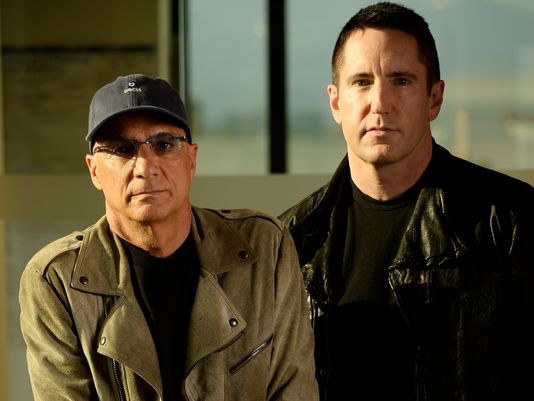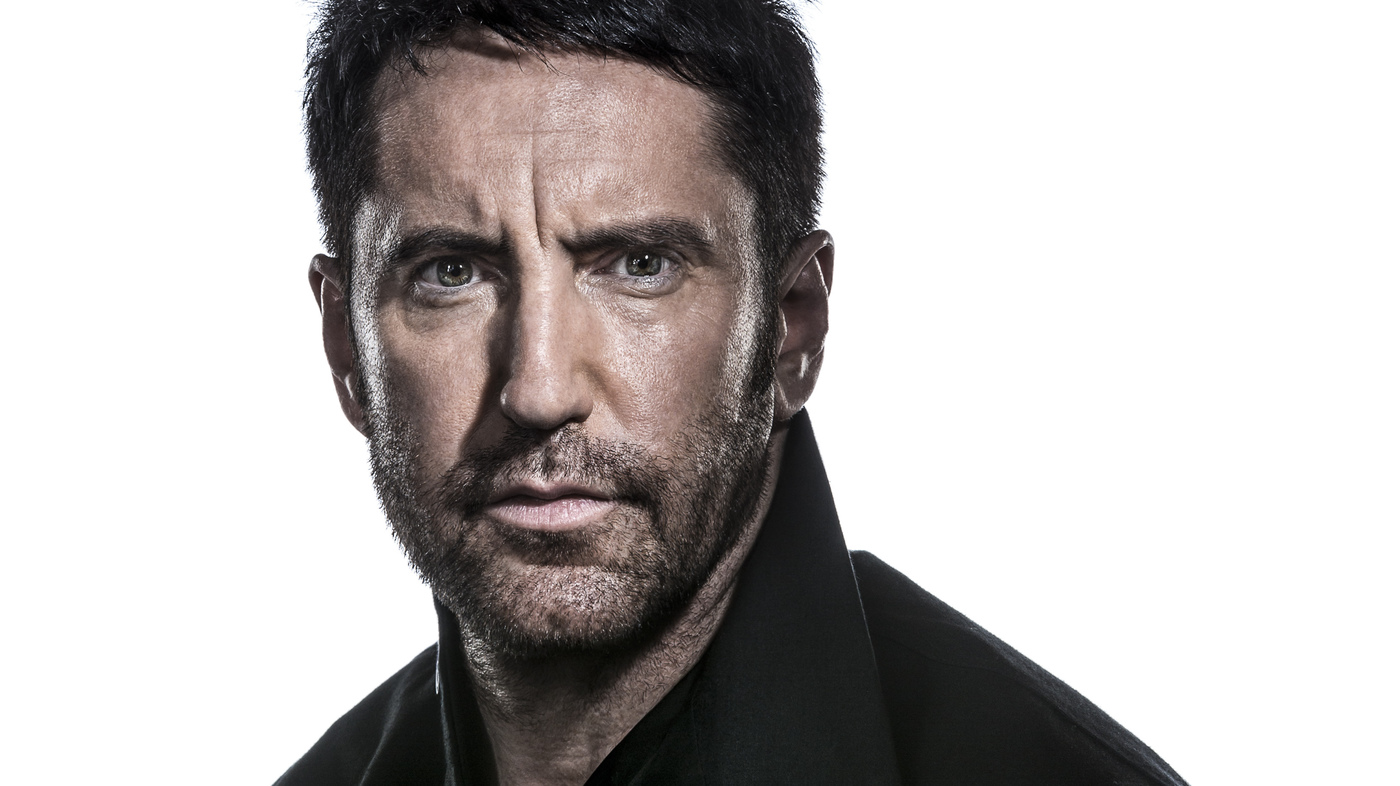NIN and Apple Music’s Trent Reznor says free music is “here to stay”
The Nine Inch Nails frontman-cum-Apple Music executive Trent Reznor shares his thoughts on streaming, emphasising that free music isn’t going anywhere.
The singer and music industry veteran spoke on Wednesday about the future of music, in particular after the dawn of streaming. He shared his experience and thoughts, based particularly on a collaborative album Reznor made with Saul Williams that they offered for free or a $5 charge that goes straight to artists.
“Maybe 30,000 downloads occurred in the next week and less than 20 percent were paid for,” he noted. “I thought that second number would be higher. At the time, I felt I was making a genuine offer, worded simply and confrontationally, for something I thought had genuine value. So I was bummed out by the result. It took the wind out of my sails as far as thinking of direct-to-customer as a sustainable business for a musician.
“In a way, that experience gave me a preemptive look at music today. You’re not making money from albums; instead they’re a vessel for making people aware of you. That’s what led me to thinking that a singular subscription service clearly is the only way this problem is going to be solved. If we can convert as many music fans as possible to the value of that, in a post-ownership world, it would be the best way to go.”

Reznor has the unique position of having experienced both sides of the coin, as an artist who now has an executive position at Apple Music. He joined Apple after their takeover of Beats by Dre where he served as chief creative officer. Since joining Apple he has helped to launch Apple Music’s massively popular Beats 1 internet radio station.
Reznor said that: “Without going into detail, I’ll say it’s been an education. I’ve been on the other side of artists b**** about payments and free music, and I agree with those arguments, but you can sit and b**** about the way things are, or you can try to effect some change.
“Working under the Apple umbrella, I have a unique opportunity to work on a streaming service from the inside. I thought I could help set a precedent where artists could actually be paid and the fans could feel like they were dealing with a service run by people who actually care about music.”
Since joining Apple Music he’s discovered how difficult the industry is and how complicated the acquisition and then distribution of royalties. He continued: “Where it seems to have wound up is that free music is here to stay. It doesn’t seem like, with all the different services, artist payments are coming together in the way that one would hope.”
There’s still a long way to go though for, what is essentially still, a new music platform (streaming). The Copyright Royalty Board will be discussing, until the end of the year, the royalty rates for streaming services that will be in place for the next five years.
